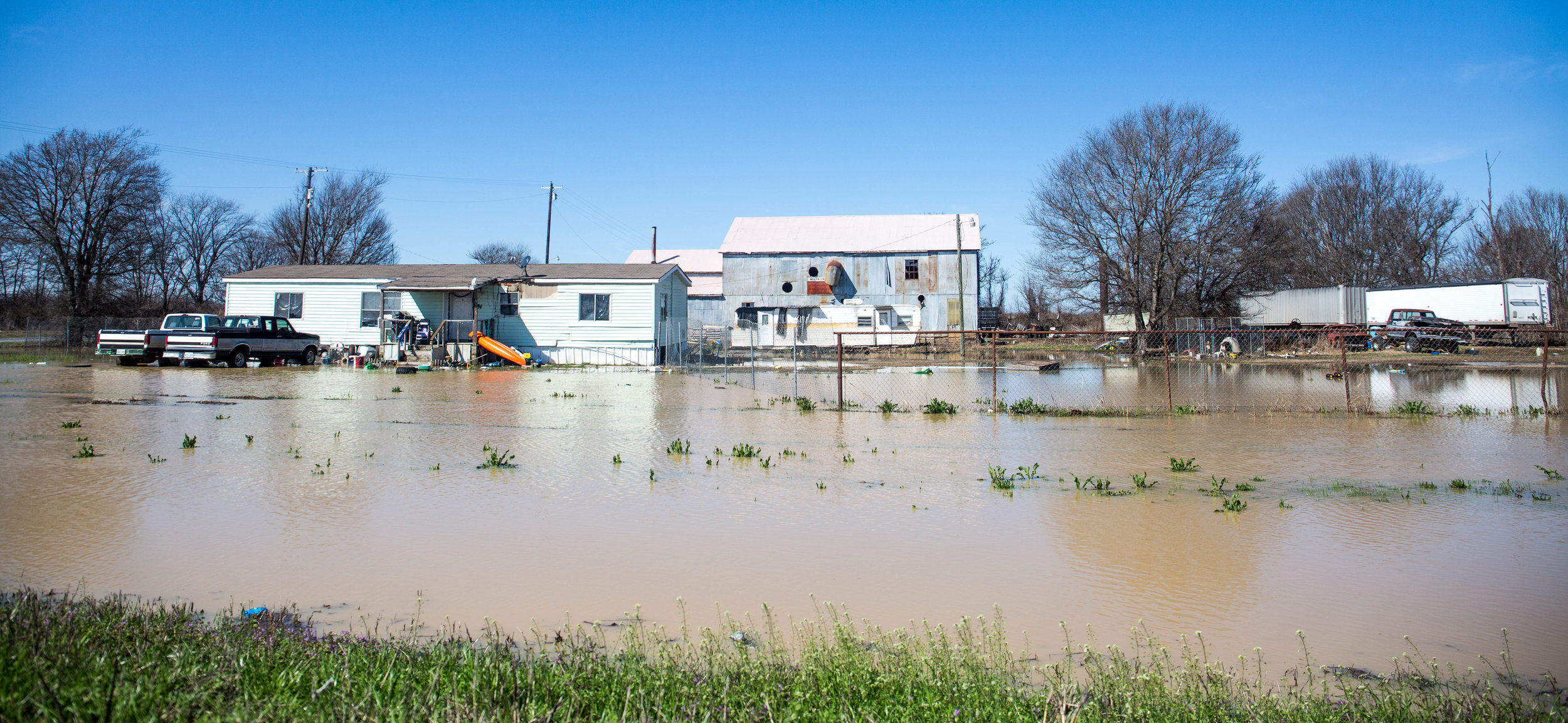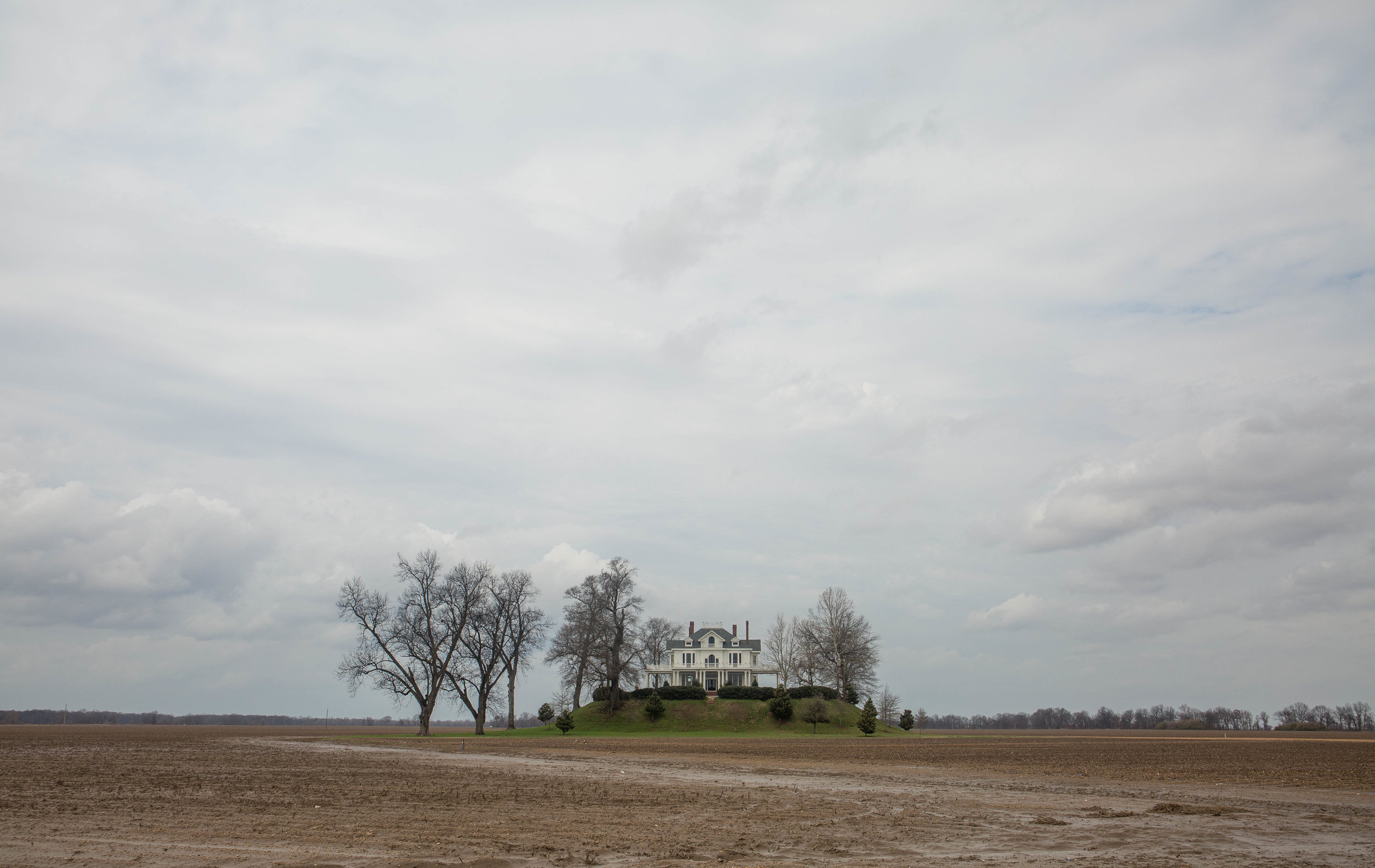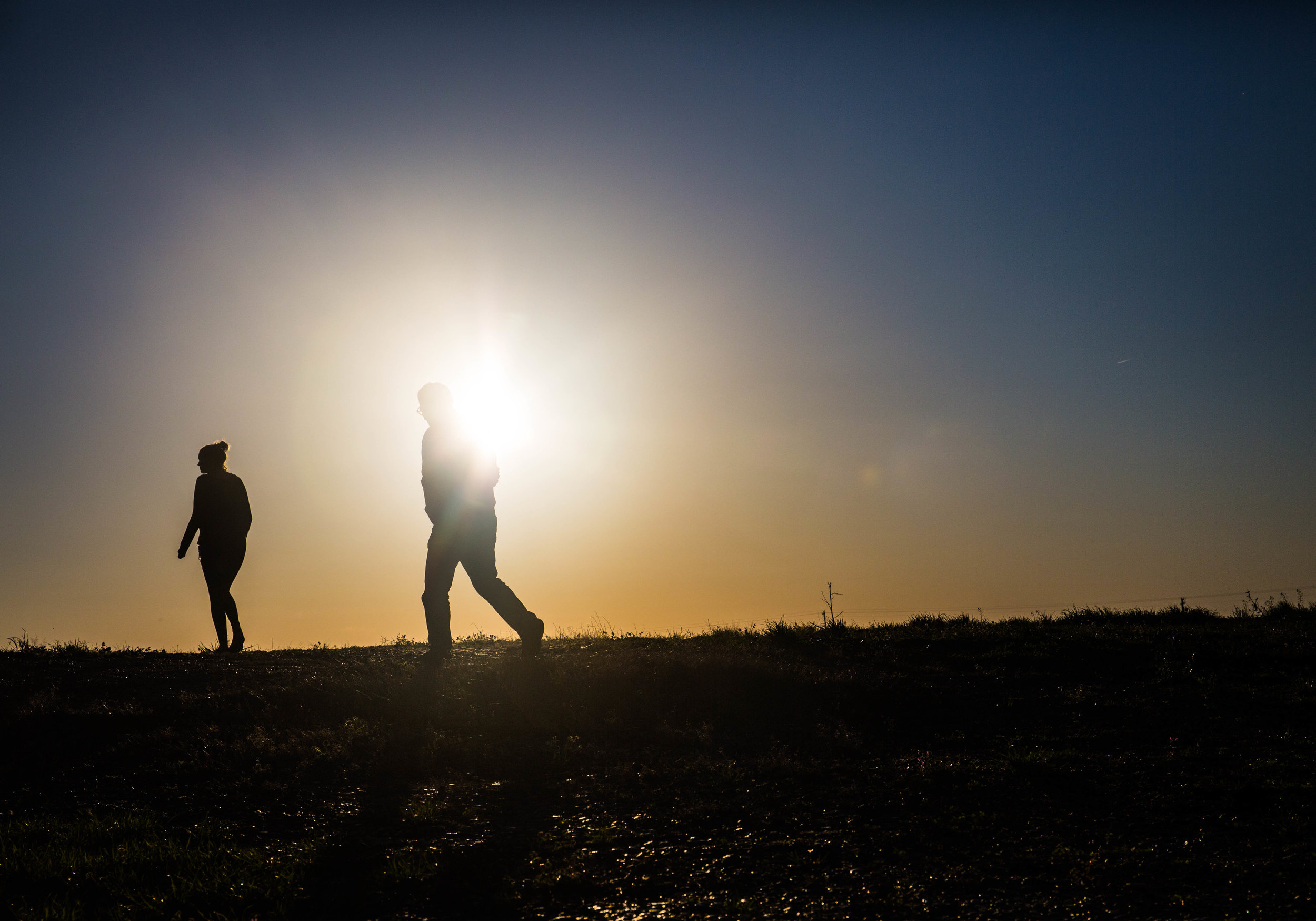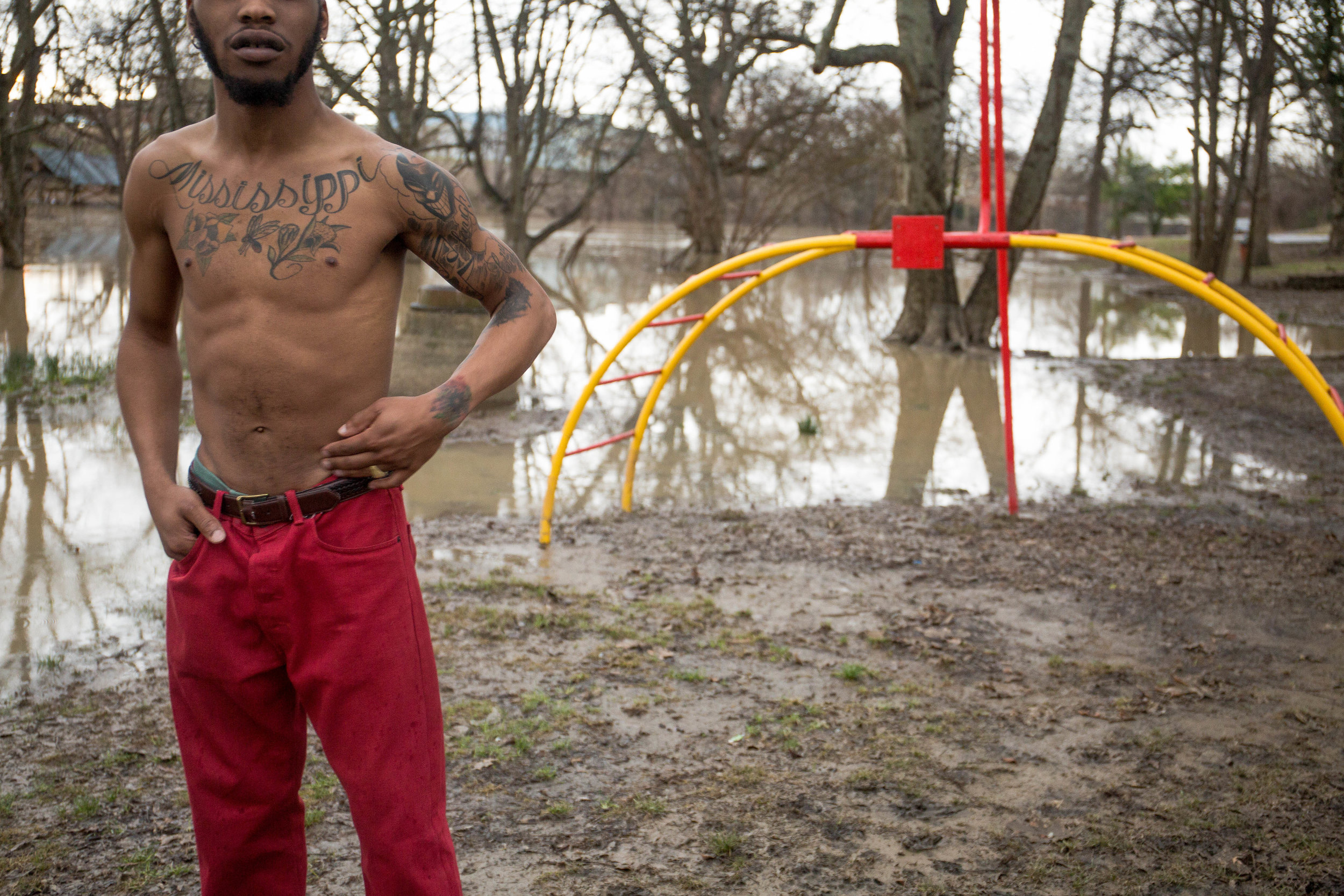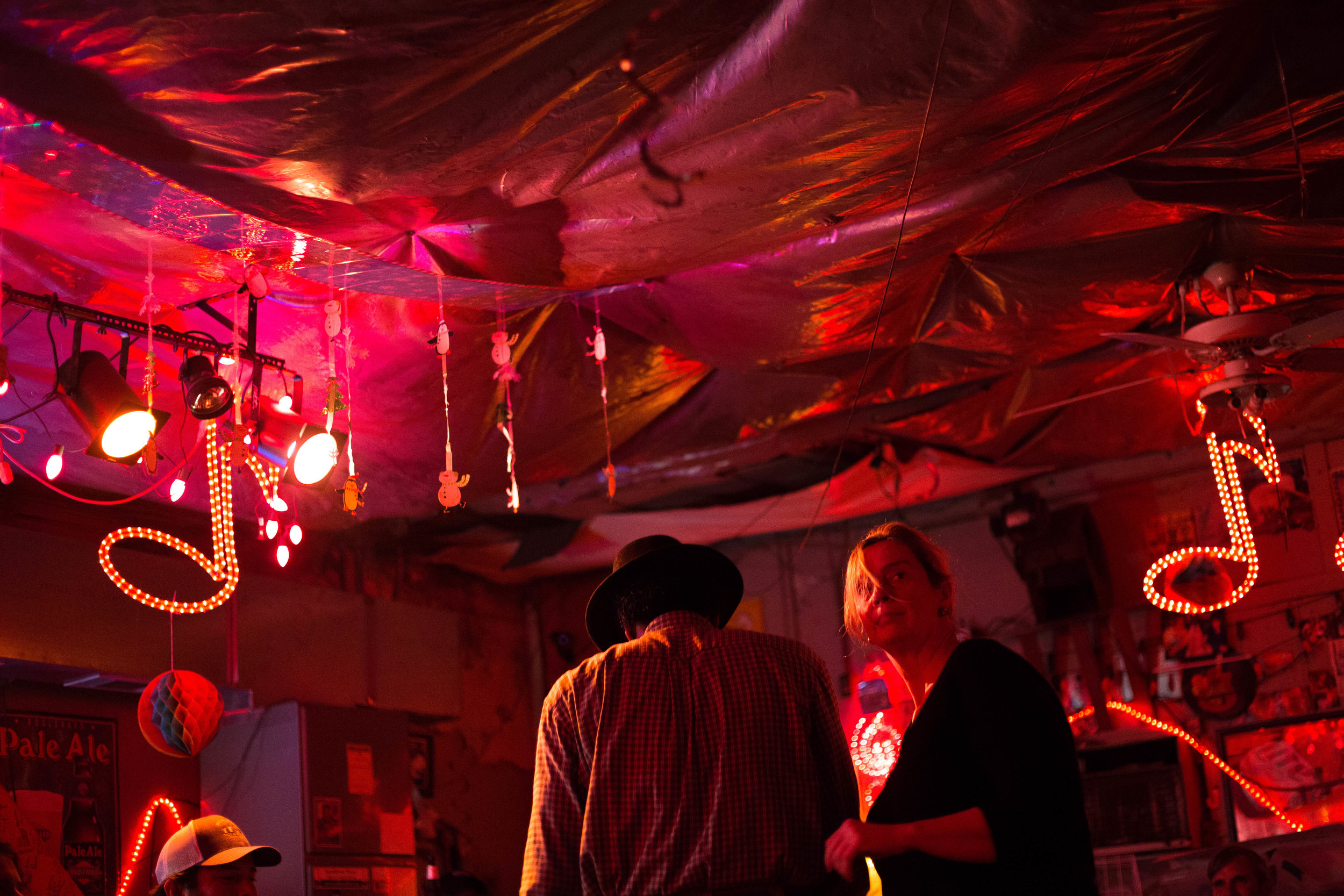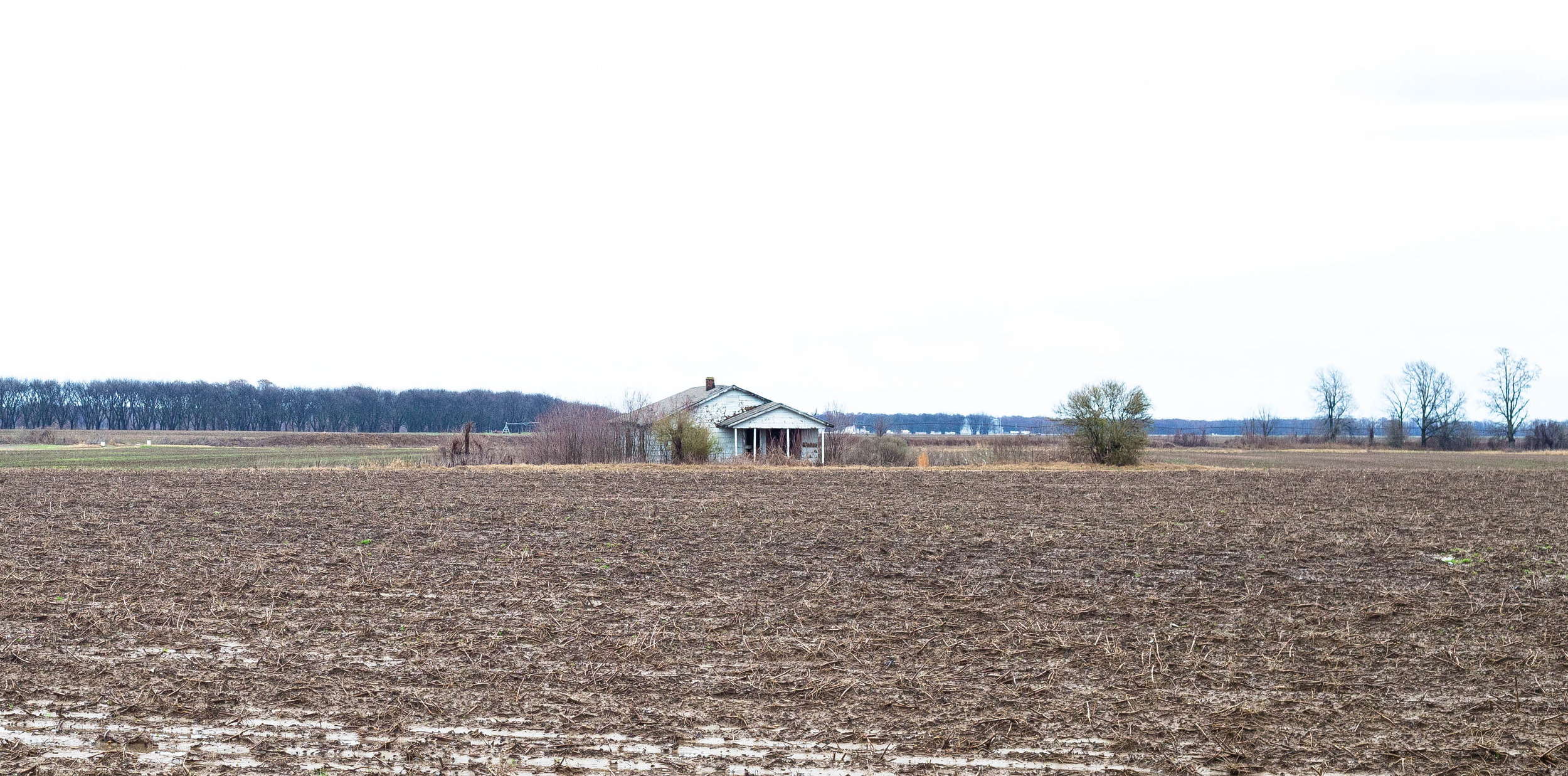Angola: The Prison Stuck in Time
Tucked away in a bend of the Mississippi river, snug between swamps on either side, is a place called Angola. No, it’s not the country in Africa—it’s the Louisiana State Penitentiary. Named after the African nation where Louisiana got most of it’s slaves, the prison used to be a plantation, it is currently the largest maximum-security prison in America.
Keith Lanehart, a local logger and previous guard at Angola for two years, told us he only worked their in order to put his wife through nursing school. “I used to sit on a horse and keep the inmates in line as they fixed fences or hoed’ vegetables”, he said. “I couldn’t last more than two years….it was too violent. I once saw a man take a swing blade as they were cleaning a fence, he swung and killed a man and his head went rolling by.”
Before Angola was a penitentiary, it was a plantation. A man named Samuel Lawrence James bought the land from the widow of a slave trader, and ran his plantation using convicts that were leased from the state in the 1880’s. It opened as a state prison of Louisiana in 1901, operating similarly as before, inmates would work the plantation. Now nicknamed the Alcatraz of the South, about 75% of the prisoners in Angola are serving life sentences without the possibility of parole. The racial demographics wouldn’t surprise you either—85% African American.
Today prisoners continue to grow their own food, and provide Louisiana with most of its manufacturing services. “They make everything; anything you think of they can make it,” said fourth generation reporter Andy J. Lewis of the Woodville Republican, the oldest paper in Mississippi. “Did you hear Billy Graham died today? Well, that casket was made by Angola prisoners.” Mr. Lewis is a fourth generation photographer and journalist for The Woodville Republican. It is the oldest newspaper running in Mississippi.
Many parallels can be drawn between the life of a plantation slave during the 1800’s and life of an inmate at Angola today. For example, locals use the term “free people” to refer to multi-generational families that have been working for this prison since it was a plantation. The “free people,” or penitentiary staff members, live in a neighborhood within the compound called the B-Line.
“Another reason I left Angola is because it became too political—you have to know someone to rise up in ranks and I wasn’t going to climb that ladder. There are some families that have been working at Angola for generations” Keith said.
When asked why jobs at the B-Line still tend to be passed down through family, Jennifer Lanehart, Keith’s wife, was quick to answer.
“Yeah you remember, Adams’ grandmother lived on the B-Line and she was third generation. She was 90 years old and her grandkids had to work for her so she could keep living there. Most people don’t leave—there’s no housing bill, no water bill, no electric, no maintenance, ‘cause all the prisoners do it. You can hunt and fish there too. So why would anyone want to leave that?”
Keith and Mr. Lewis both mentioned the inmate rodeo that takes place once a year in October. The Angola Prison Rodeo is the longest running “Prison Rodeo” in the United States. What’s a Prison Rodeo, you ask? You can certainly buy stadium tickets to see for yourself, but the event may be more graphic than you’d guess.
“Its called poker,” explains Keith. “They tie a coin to a bull and [the inmates] have to try and grab the coin from the bull’s head while sitting at a table. They have nothing to live for so they’ll be sitting there just like you are now and they’ll let the bull run em’ over—people even makes bets on it! We go every year with the kids. It’s certainly a spectacle and tickets run out in minutes.”. When asked if the prisoners have any experience riding horses or bulls, Keith replied “Oh definitely not.”
At the event, prisoners sell food from family recipes and even sell handicrafts. “Heck, the prisoners made our rocking chairs on our porch ya’ll saw!” said Keith. Mr. Lewis gets the animals he hunted stuffed and mounted by Angola prisoners.
The rodeo is nicknamed the “Wildest Show in the South” and they raise an estimated $80,000 a day. Rodeo revenue props up virtually all of the programs that shape inmates’ lives, including trade schools, activity clubs, an award-winning magazine, and the prison hospice. They normally hold the event in a 10,000-person stadium. To an outsider, the event appears eerily similar to the Greco-Roman Colosseum animal fights of the 5th and 6th centuries.
Between the plantation-era work done by prisoners at Angola, the generational penitentiary staff, and the Colosseum-style annual rodeos, it is clear that this penitentiary is stuck in time. The question is, how far back in time?


